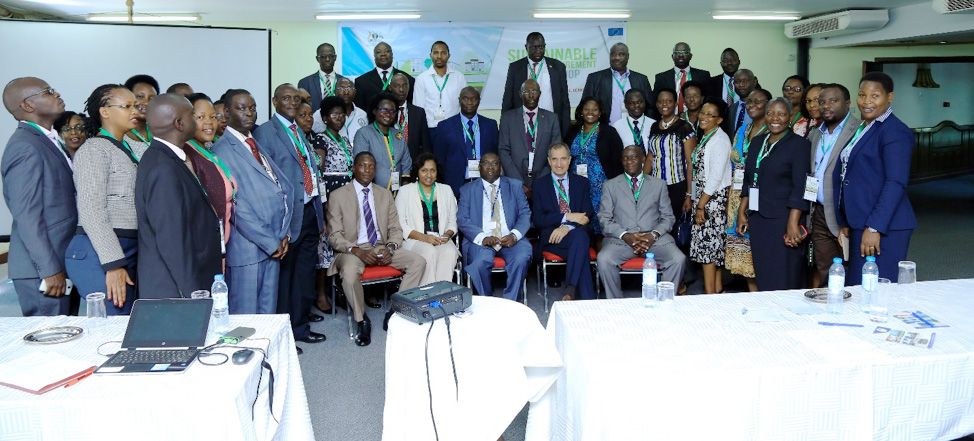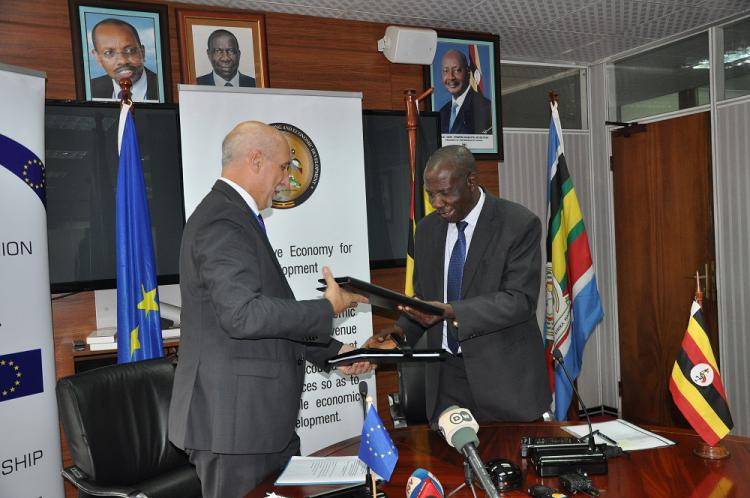Uganda has been considered as a successful model of post-conflict reconstruction by donors, practitioners and academics since the 1990s, but nevertheless continues to be affected by a number of structural weaknesses. Uganda is a least developed country (LDC) facing a broad range of governance challenges.
They manifest themselves in weak service delivery, weak oversight of public funds and deficits in the judicial system, which all impinge disproportionally on the most vulnerable sections of society, reduce the effectiveness of resource allocation, are a disincentive to investment and ultimately reduce socio-economic development prospects. In addition, Uganda is confronted with potential instability in neighbouring Sudan to the north, rising food and fuel prices, ethnic tensions domestically, and concerns of backsliding in the areas of democracy and human rights.
Government has been pursuing strategic reforms in PFM since the early 1990s. Since the inception of NDP I (2010), Government has prioritised investment spending on roads and energy projects. Though PFM reforms suffered a ‘shock’ in 2012 when the Auditor General released two special reports revealing corruption cases in the Office of the Prime Minister and the Ministry of Public Service, Development Partners (DPs), civil society organisations (CSOs) and International Monetary Fund (IMF) have since commended the Ministry of Finance, Planning and Economic Development (MoFPED) for steering and accelerating a wide range of PFM reforms to improve transparency and accountability of its public finances.
The overall objective of this action under sector 3 in the NIP, is to promote sustainable development and inclusive economic growth in Uganda. The action will safeguard human rights and democracy and strengthen investigative and judicial institutions and processes with regard to public mismanagement and breach of delegated authority.
The specific objective is to improve the governance of public funds, including the mobilisation, strategic allocation and efficient use of public resources, for improved service delivery.


